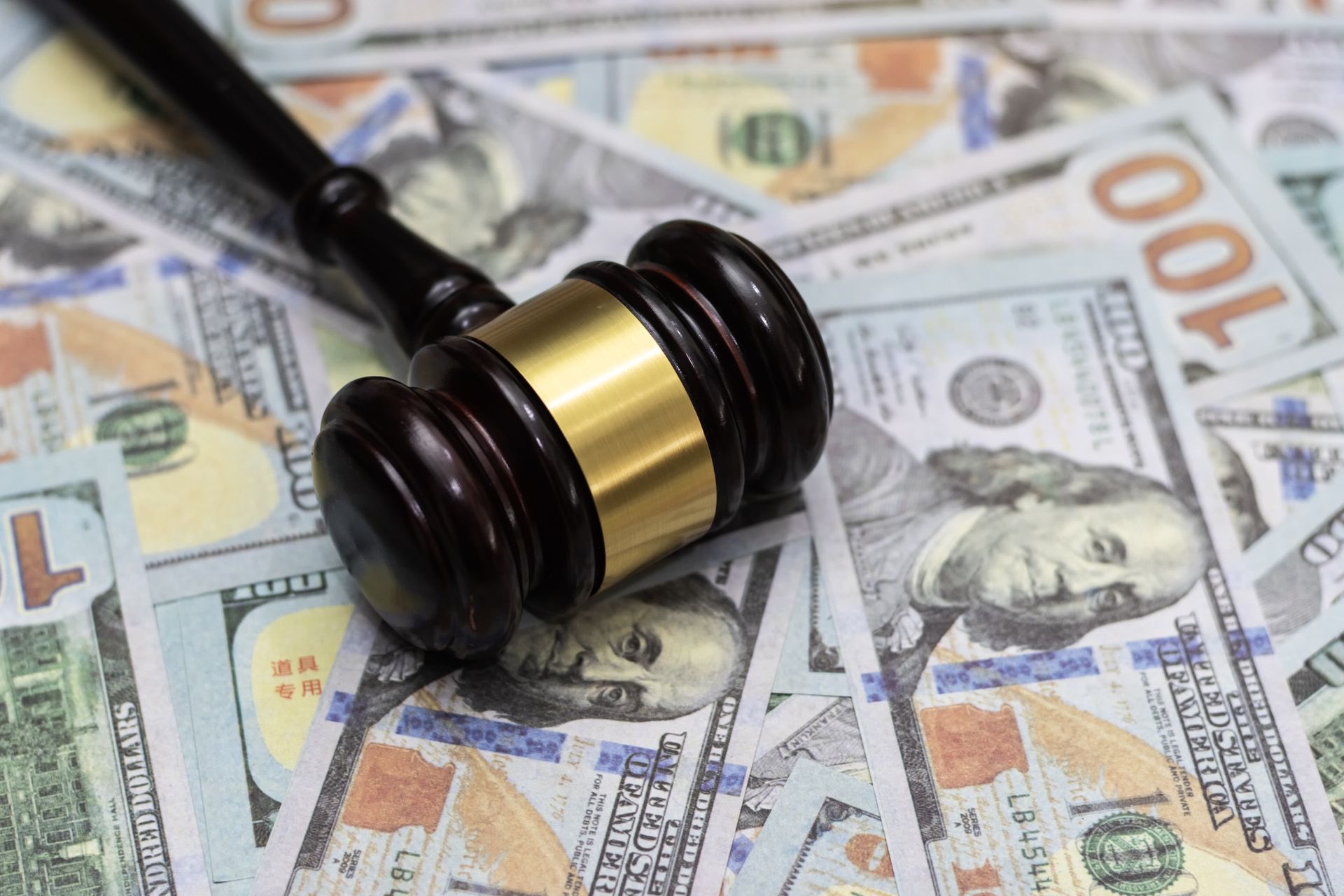CALL US TODAY!
Philadelphia Law Office: 1515 Market Street Suite 1200 Philadelphia, PA 19102
CALL US TODAY!
What is the difference between Chapter 7 and Chapter 13 bankruptcy?
Despite our best efforts to save money and prepare for the worst, sudden job loss, medical emergency, or other hardship can leave us with considerable financial difficulties. While many people may make the mistake of remaining in denial about their situation and trying to pay off credit cards with other credit cards, hundreds of thousands of people seek financial freedom…
The post What is the difference between Chapter 7 and Chapter 13 bankruptcy? first appeared on The Law Offices of Everett Cook, P.C..

Quick Links
Contact Information
Phone:
Address:
Allentown Law Office 1605 N. Cedar Crest Blvd. Suite 520 Allentown, PA 18104
Philadelphia Law Office 1515 Market Street Suite 1200 Philadelphia, PA 19102
Location
